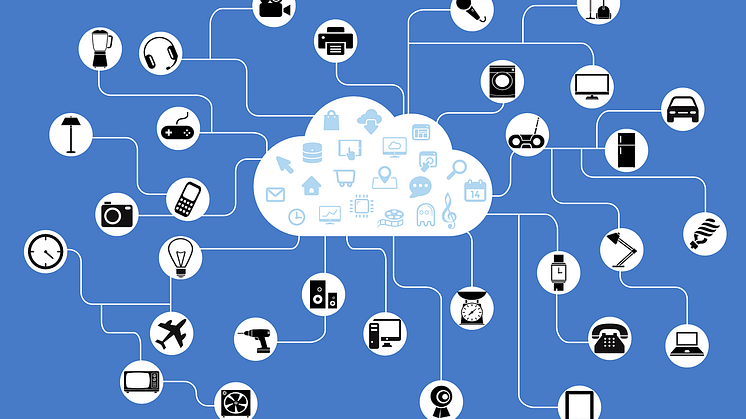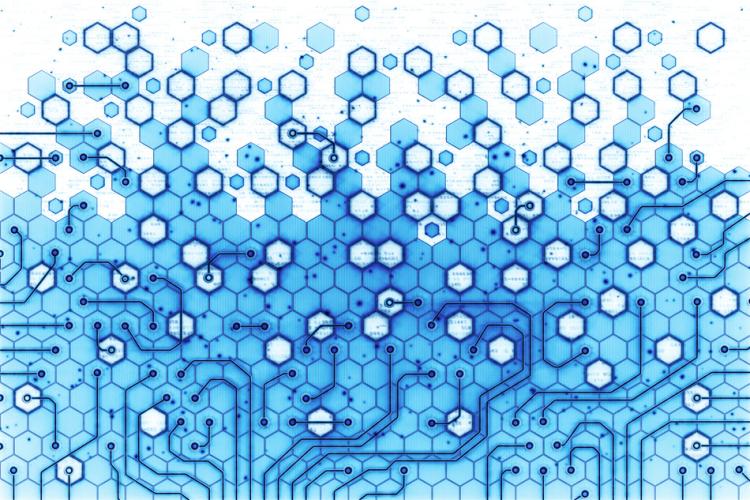NISO’s Draft Revision of the Transfer Code of Practice Now Open for Public Comment
The National Information Standards Organization (NISO) has released a draft revision of the Transfer Code of Practice (NISO RP-24-202X) for public comment until May 2, 2025. This code ensures continued access to journals during publisher transfers, aiding publishers in making content accessible to librarians and readers. The Transfer Standing Committee, which includes librarians, publishers, and experts, oversees the Transfer Alerting Service, hosted by the ISSN International Centre, to communicate journal title transfers. The latest revision addresses the transfer of open access titles and refines language for clearer understanding.






